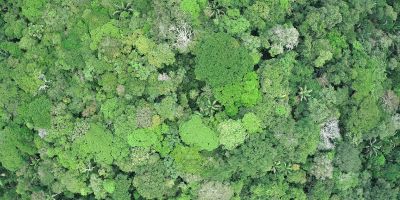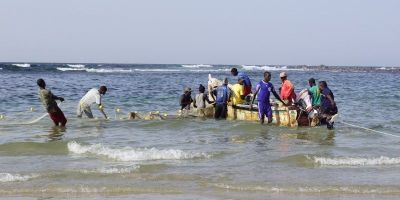Artivist Crossings: crossing boundaries with the University of Buenos Aires

A collaborative International Strategy Fund project with the University of Buenos Aires crosses boundaries, disciplines and cultures to tackle climate justice.
Artivist Crossings is a unique, transdisciplinary partnership between the University of Leeds and Instituto de Investigaciones Gino Germani (IIGG) at Universidad de Buenos Aires.
The research team collaborates with artists and activists, sharing knowledge across disciplines, languages and cultures.
Through the lens of art and activist approaches, they address the intersectional experiences of climate change as it affects people of different ethnicities, genders, sexualities, classes and generations.
The project’s aims include decolonising research, activism and knowledge about the climate and diversifying international collaboration.
Professor Martin Zebracki (School of Geography) leads the project and works with Dr Maria Rovisco and Dr Patricio Simonetto (School of Sociology and Social Policy), Dr Victoria Vargas-Downing (School of Languages, Cultures and Societies and School of Geography) and Dr Lorena Verzero and Rocío Arisnabarreta (IIGG, UBA and CONICET: Consejo Nacional de Investigaciones Científicas y Técnicas).
The project started in 2023 with support and funding from the Leeds Social Sciences Institute. It’s currently sustained under the International Strategy Fund of the University of Leeds.
An intersectional response to the climate crisis
The United Nations Intergovernmental Panel on Climate Change (IPCC) continues to stress the increasingly urgent climate crisis.
The consequences of climate change, such as extreme weather, natural disasters, increased poverty and forced migration disproportionately affect marginalised people and communities.
This drives the need for climate justice: a focus on equity while tackling climate change.
Artivist Crossings examines the potential of art and activism – also known as ‘artivism’ – to provide a critical response to the crisis.
Its aims include:
- To examine the role of art and activism in raising awareness of – and building innovative solutions to – climate change and climate justice
- To empower marginalised communities across ethnicities, genders, sexualities, classes and generations
- To bring together research, art and activist networks in knowledge exchange
- To decolonise knowledge about climate change and create an equitable research culture, acknowledging privilege and positionality.
In 2023, Artivist Crossings workshops in Buenos Aires brought together scholars, activists, artists, arts organisations and activists. Their presentations and mind-mapping exercises focused on amplifying the voices of marginalised communities.
Learnings from these activities informed a successful grant proposal with the International Strategy Fund, which gave access to a new series of workshops and interviews with key stakeholders in Buenos Aires and Leeds. This included facilitating a delegation from Buenos Aires to visit Leeds.
Crossing boundaries
The project works on a local and global scale, including in rural areas with Indigenous communities.
It overcomes boundaries: creating new knowledges by crossing languages, cultures and practices across the Global South and Global North.
Artists, activists and researchers can learn from each other in their ways of thinking and working. In the same way, they can support each other to reach their goals.
For example, art can raise awareness of issues to the public. Impacting thinking in this way can influence communities and policymakers.
Learnings and next steps
The activities in Buenos Aires and Leeds enabled the team to learn from diverse perspectives of the extraction of natural resources, such as soil contamination in the UK or deforestation in Argentina.
They also explored neoliberal extraction of community knowledges, while examining the potential of how art and activist approaches could resist extractivist practices and empower affected communities.
The team is pursuing new opportunities to further develop this research partnership.




